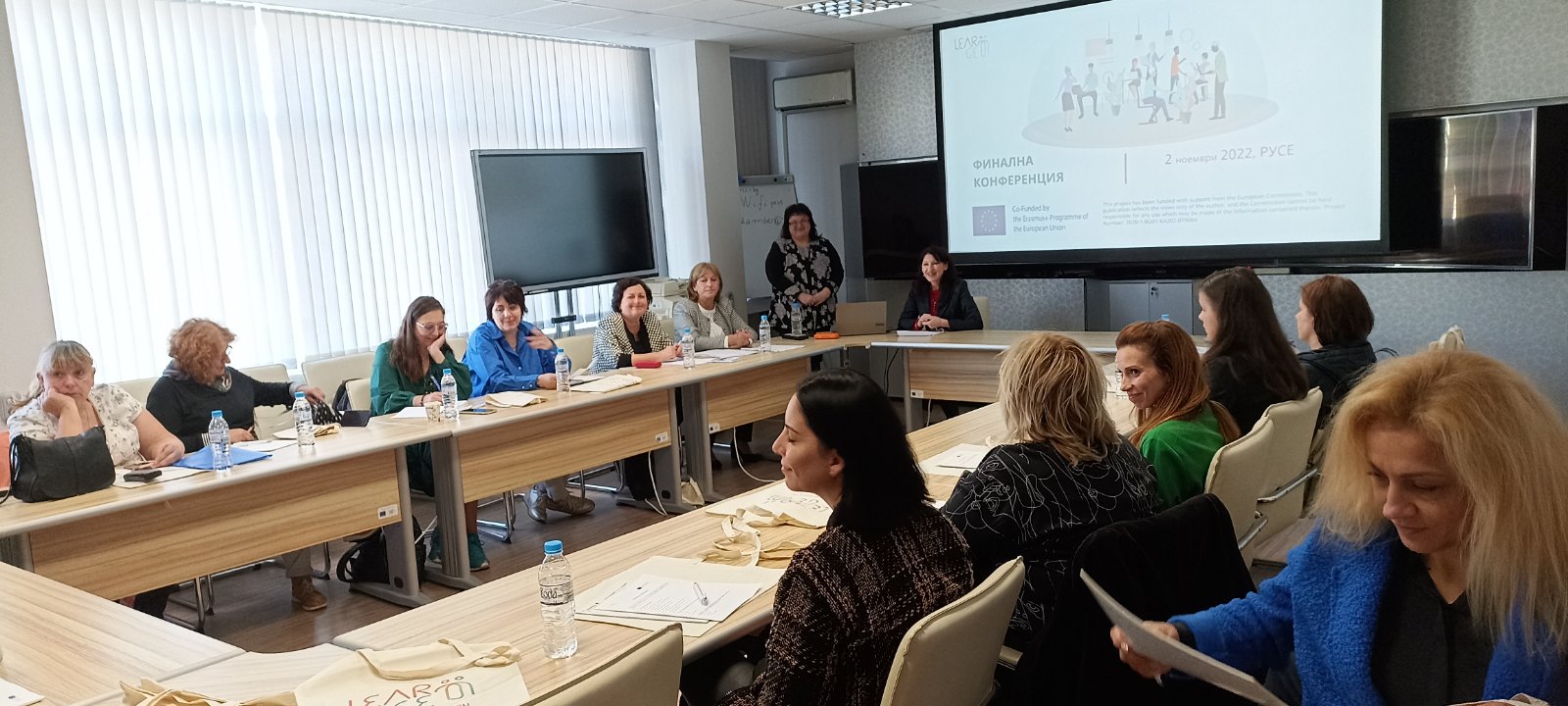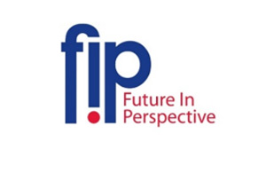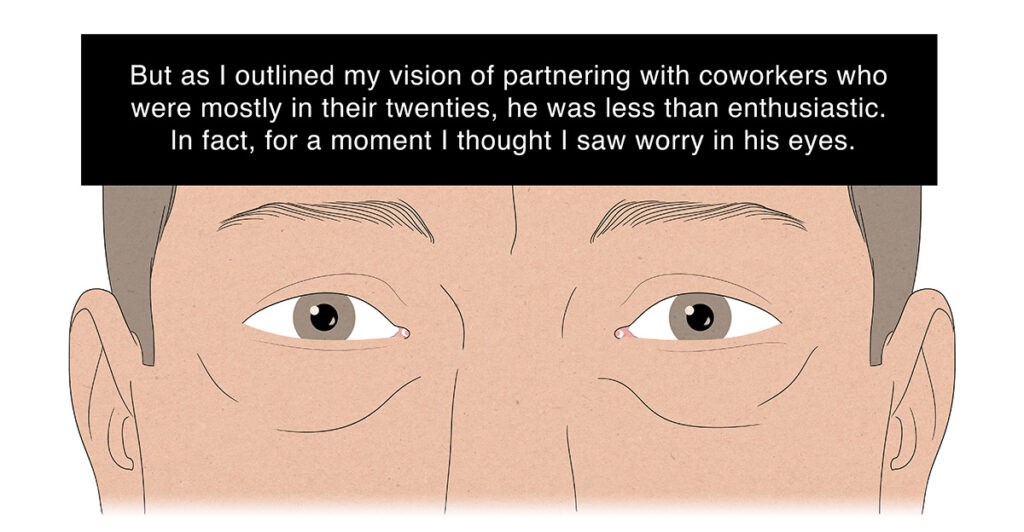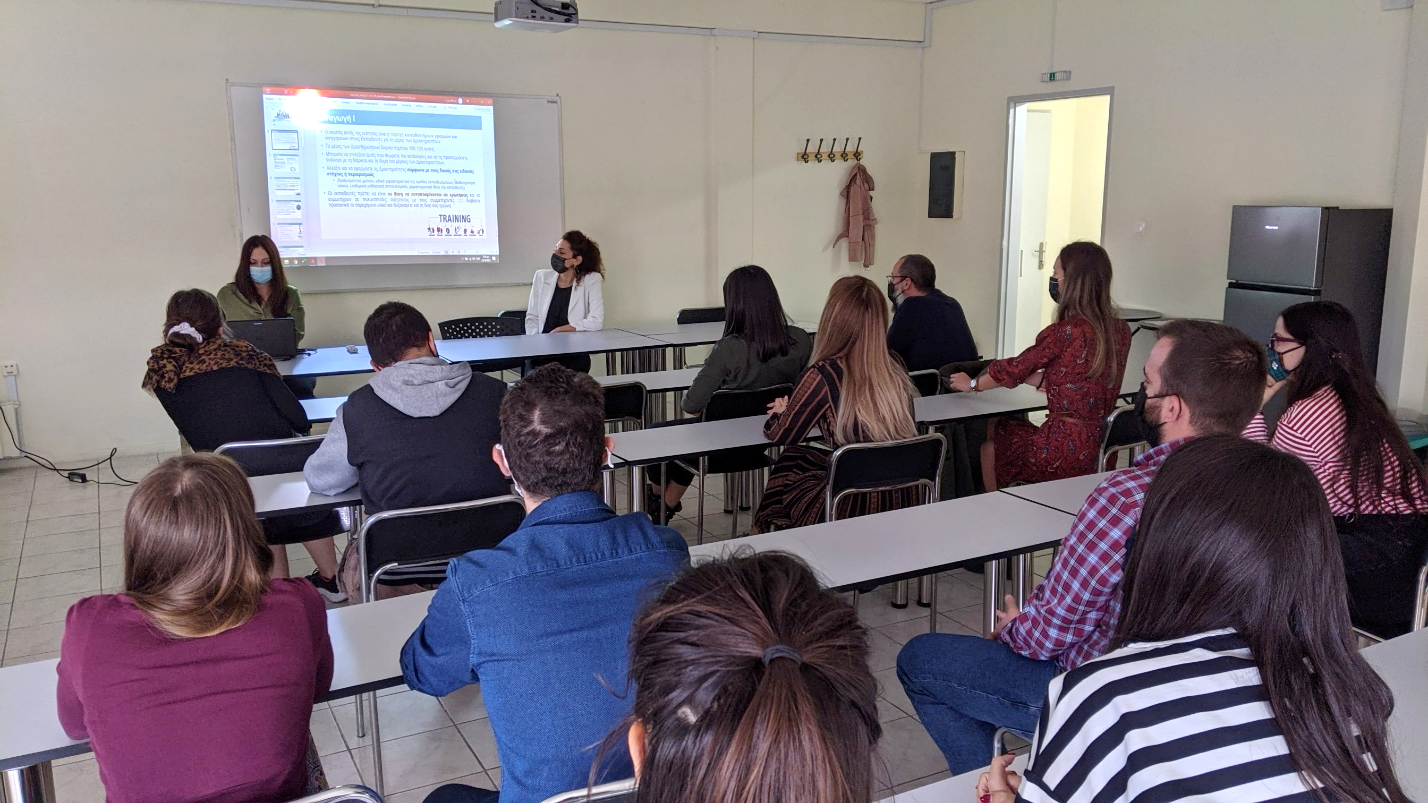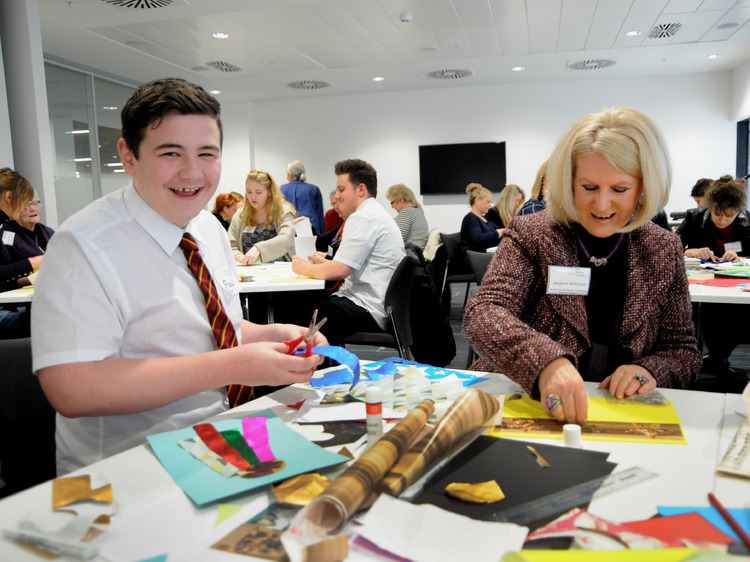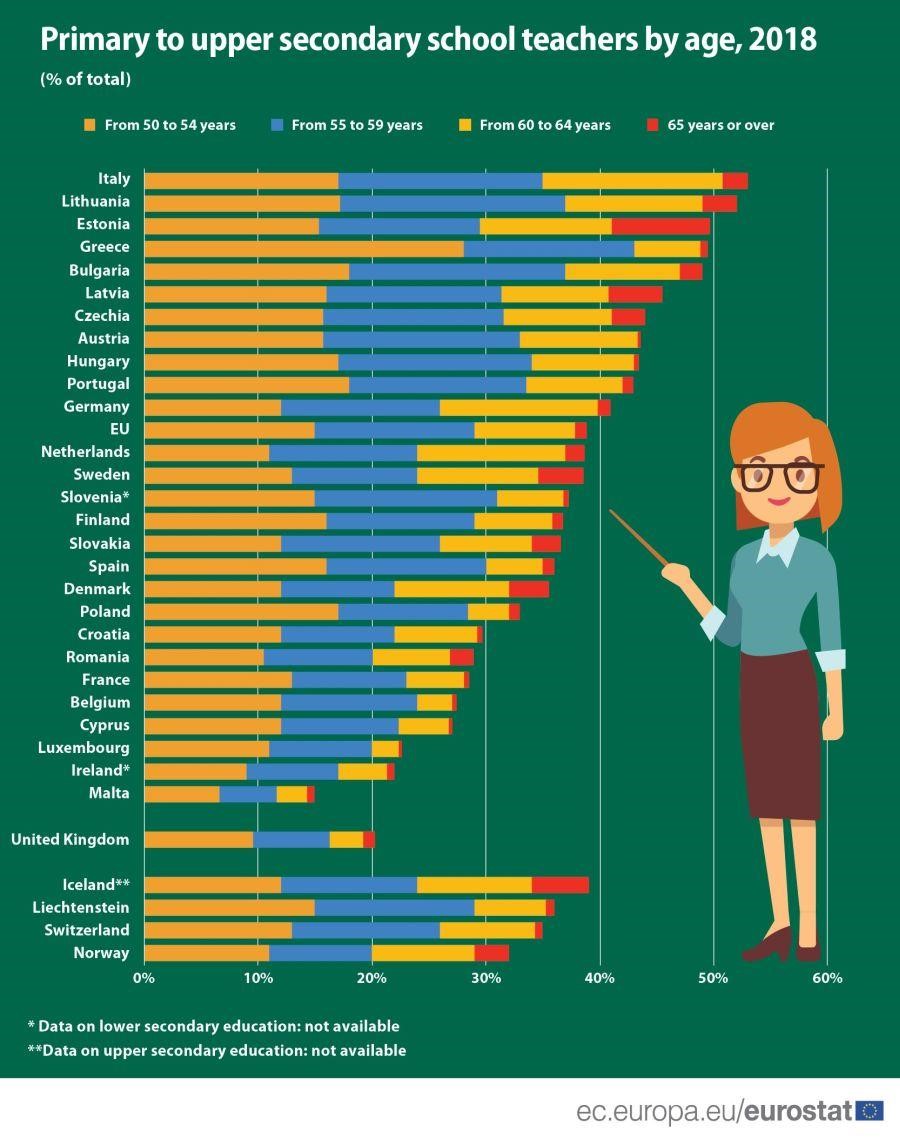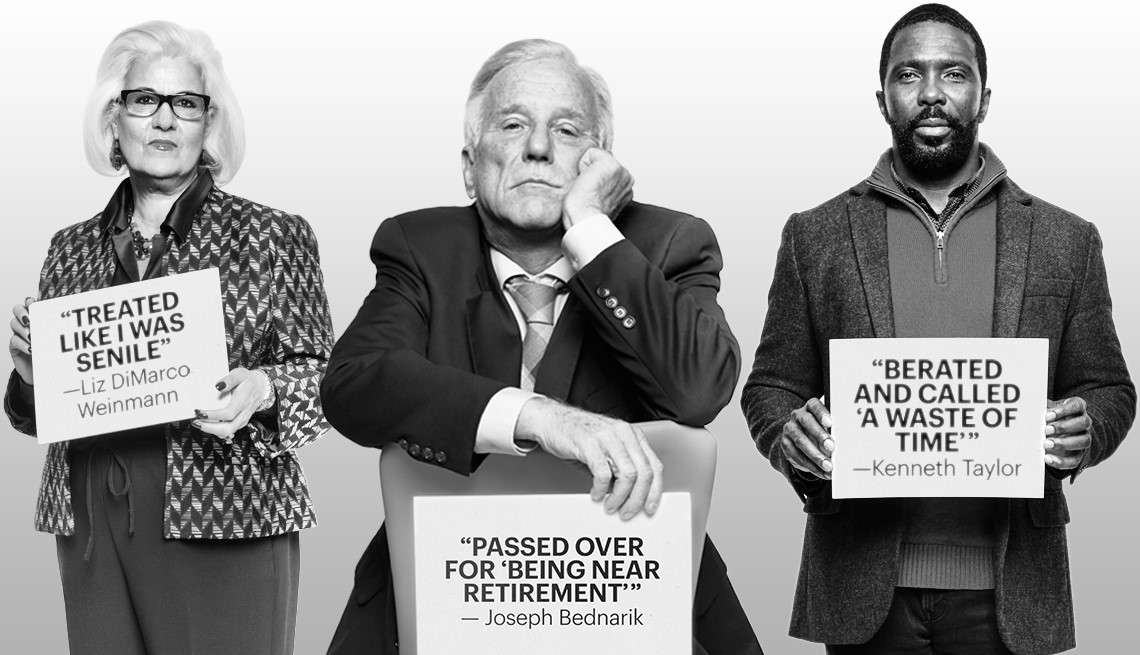Paradigms of Ruling Out Ageism

According to the Equality Framework Directive (EU Council Directive 2000/78/EC- November 2000) which is a major part of the EU labor law, equal treatment in employment is essential. Also, based on the framework, age was highlighted as one of the primary grounds for discrimination in the workplace. However, only a few countries went further to prevent ageism and promote the inclusion of older staff to equal work opportunities. This shows that more awareness is needed in order to substantiate the importance of more age-diverse workforces.
Nonetheless, there are great paradigms of countries that went a step further in ruling out ageism and promoting workforce equality. For instance, under the project “Vacancies for all ages” the Dutch Ministry of Social Affairs and Employment in collaboration with other local organizations published a list for all the employers that clarified what is allowed and what is legally prohibited regarding the recruitment procedure. Also, they promoted a screening procedure for age discrimination in ads for job vacancies. The offenders received a notice as well as follow-up information on the running equal treatment legislation.
Furthermore, another recent example of ruling out ageism was followed by the Republic of Moldova (2018-2021). The main action taken was the development of tools for knowledge transfer by senior workers to younger personnel through mentoring, coaching programs, and job rotations that aimed to retain the experience accumulated by senior workers and reinvest it in younger workers. Additionally, as part of this action, a campaign was conducted for combating ageism and encouraging businesses to take actions for improving the access of older personnel to the labor market.
Moreover, another example of promoting workplace equality was the action taken by Poland named “Active Together 45+”, where 120 socially excluded persons returned to the labor market and were offered help to improve their soft skills and computer literacy. The results turned out to be extremely positive, and as reported by one of the participants (Sofia, 51 years old) “Attending gave me a new desire to live, it pulled me out of stagnation, discouragement and apathy, and forced me to leave the house.’’
Thus, by taking the aforementioned actions into consideration, and as the LearnGen project supports; lifelong learning, continuous training and social inclusion are critical for promoting equality. Thus, by straightening the legal background, and by promoting awareness in the society the effects of social exclusion within the workforce can be combated.
References:
https://unece.org/DAM/pau/age/Policy_briefs/ECE-WG1-30.pdf
https://www.aarpinternational.org/file%20library/llel/Action_Plan_AARP-Final-brochure.pdf
The European Commission’s support for the production of this website does not constitute an endorsement of the contents, which reflect the views only of the authors, and the Commission cannot be held responsible for any use which may be made of the information contained therein.
Project Number: 2020-1-BG01-KA202-079064
Privacy Policy

